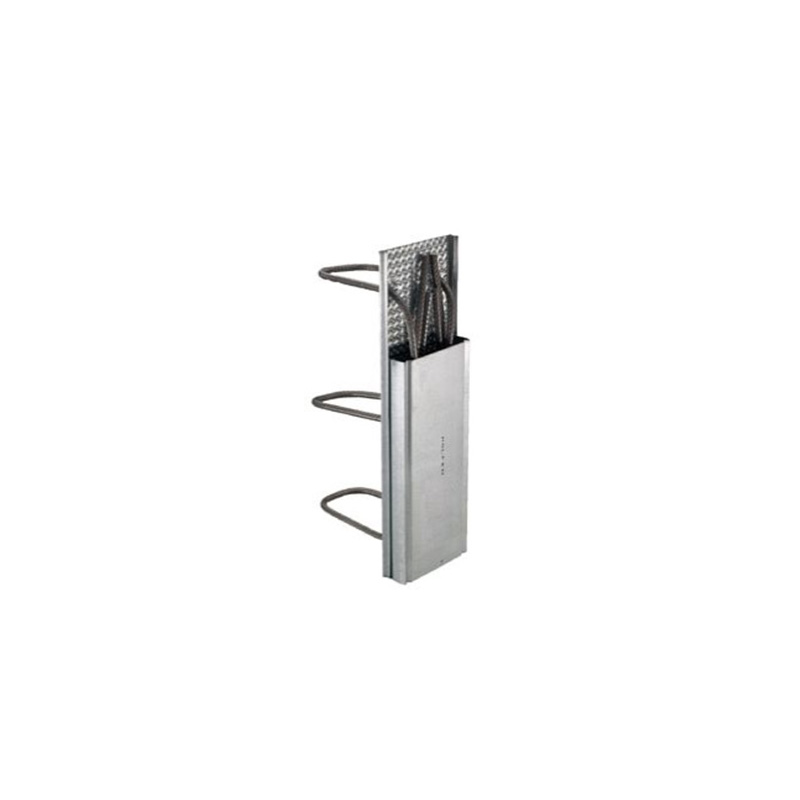
- Mobile Phone
- +8613931874955
- sales@cntcmetal.com
Calculating the Average Cost of Cattle Fencing Per Foot in Different Areas
Understanding Cattle Fence Cost Per Foot
When it comes to managing a ranch or a farm, one of the primary concerns for cattle farmers is ensuring the safety and security of their livestock. A well-constructed fence is essential for keeping cattle contained and protected from outside threats. However, the cost of fencing can vary significantly based on several factors, particularly when calculating the cost per foot. In this article, we will explore the different types of cattle fencing materials, their associated costs, and other factors that influence the overall price.
Types of Cattle Fencing
1. Barbed Wire Fencing Barbed wire is perhaps the most traditional fencing option for cattle ranchers. It is cost-effective and provides a reasonable barrier for holding in livestock. The average cost of barbed wire fencing can range from $0.10 to $0.25 per foot, depending on the gauge and quality of the wire. While easy to install, it's essential to maintain it properly, as loose wires can create hazards for both cattle and handlers.
2. Woven Wire Fencing Woven wire, also known as field wire, is another popular choice for cattle fencing. This type of fence features vertical and horizontal wires woven together to create a strong and durable barrier. The cost for woven wire fencing typically ranges from $0.50 to $1.50 per foot. Although more expensive than barbed wire, woven wire provides better containment and helps protect younger or smaller cattle from escaping.
3. Wooden Fencing Wooden fences, such as post and rail or stock fencing, are aesthetically pleasing and can offer significant durability. While they can be more expensive, ranging from $3 to $10 per foot, they may require less maintenance over time compared to barbed or woven wire fencing. Additionally, wooden fences can complement the landscape while delivering a strong physical barrier for cattle.
4. Electric Fencing Electric fencing has gained popularity in recent years, especially for rotational grazing. This type of fencing can be cost-effective in the long term, as it typically ranges from $0.05 to $0.20 per foot for the materials, though the initial setup can be higher due to the need for energizers and grounding systems. Electric fences are an excellent choice for containing cattle without physical barriers and can be easily moved when necessary.
cattle fence cost per foot

Factors Influencing Cost
Beyond the type of fencing, various factors influence the cost of cattle fencing per foot
- Terrain The type of terrain where the fence is to be constructed can significantly impact labor costs. Rocky or hilly terrain may require more intensive labor and equipment, which can drive up costs. - Post and Support Structures Strong corner posts and braces are critical for maintaining the integrity of any fence. The cost of these materials, as well as their installation, should be factored into the overall foot cost.
- Maintenance Different materials have varying maintenance requirements. For example, while wooden posts may need regular treatment to prevent decay, barbed wire needs periodic tightening.
Conclusion
In summary, understanding the cost per foot associated with cattle fencing is crucial for any cattle farmer looking to secure their livestock effectively. Whether opting for barbed wire, woven wire, wooden, or electric fencing, it is essential to consider both immediate and long-term costs, including installation and maintenance. By carefully evaluating these factors, ranchers can make informed decisions that best fit their operational needs and budget, ensuring the safety of their cattle and the overall success of their farming endeavors.
share:
-
Your Source for Concrete Wall Ties and Masonry AccessoriesNewsJul.10,2025
-
Unlocking the Power of Iron Wire for Every ProjectNewsJul.10,2025
-
Explore Advanced Chain Wire and Stainless Steel Mesh FencingNewsJul.10,2025
-
Discover the Benefits of Annealed Wire ProductsNewsJul.10,2025
-
Discover China Stainless Steel Wire Mesh SolutionsNewsJul.10,2025
-
Build with Confidence Using High-Performance Masonry AccessoriesNewsJul.10,2025
-
Why Sacrificial Formwork Is Redefining Underground ConstructionNewsJun.06,2025



















